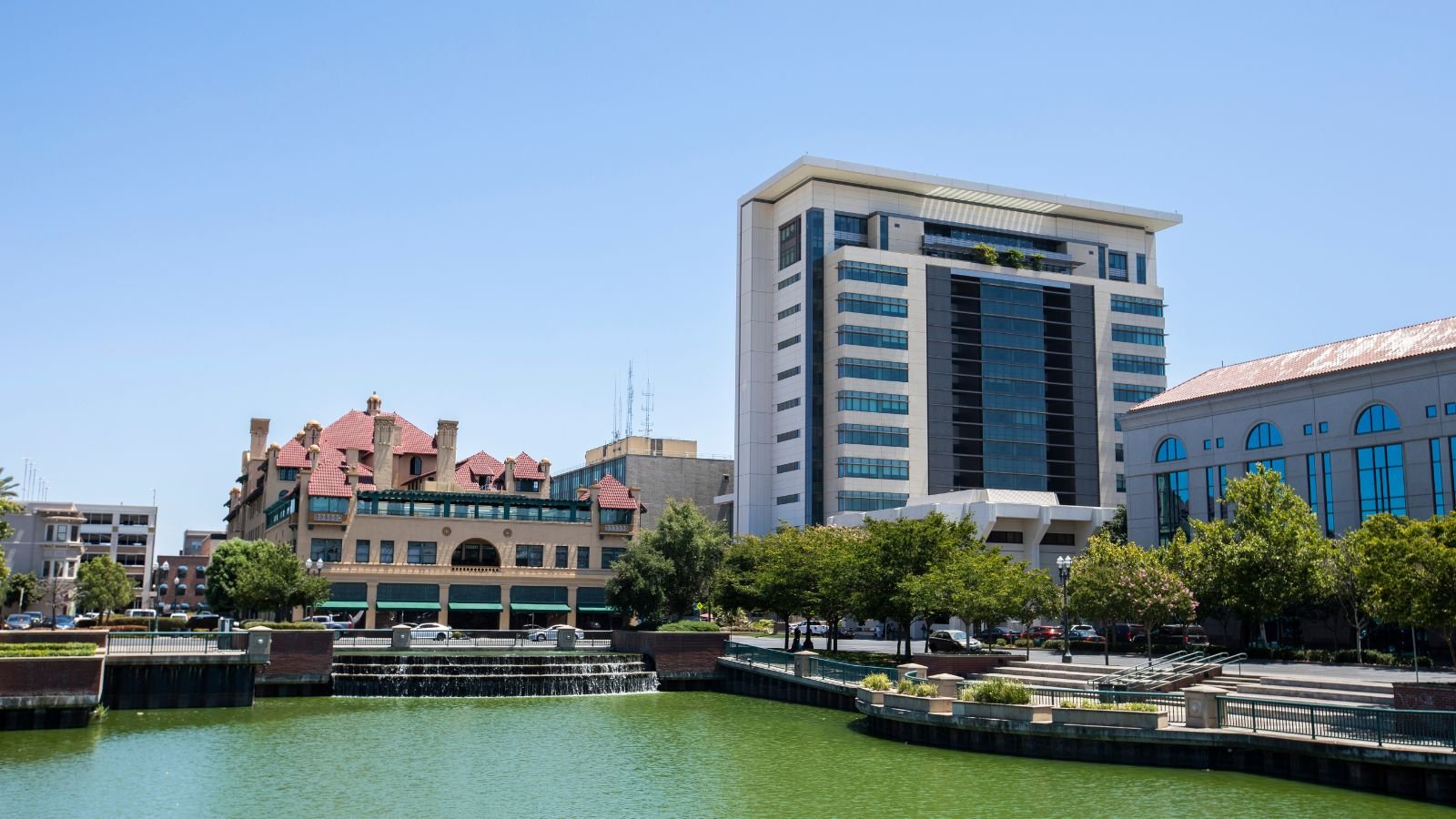Increasing credit scores may lead to greater financial prospects, such as getting a dream job or being approved for premium credit cards. A recent WalletHub survey reveals that residents in certain cities in the U.S. are making significant strides in boosting their credit scores. This shows commitment to achieving better financial health.
Scottsdale, Arizona

Scottsdale leads with an impressive 9.49% increase, reaching an average credit score of 681 in the first quarter of 2024. This surge reflects the city’s booming economy and influx of high-income professionals. Strong job market in tech, finance, logistics, and healthcare sectors contribute to its financial stability.
Washington, DC

The nation’s capital saw an 8.20% rise, hitting an average credit score of 660. Government jobs provide stable incomes, boosting credit reliability. Increased focus on financial education programs in the area helps. The city’s high cost of living motivates residents to manage their finances carefully. The influx of young professionals with growing careers led to this positive trend.
Des Moines, Iowa

Des Moines experienced an 8.09% jump, leading to a score of 628. The city’s thriving insurance and financial services offer stable, well-paying jobs. The cost of housing is 32% lower in the city than it is in the country. This low cost of living allows residents to manage debt effectively. The city’s steady economic growth provides opportunities for residents to improve their financial standing.
St. Louis, Missouri

St. Louis saw a 7.88% increase in average credit score to 630. The city’s attempts to revitalize are having an impact, drawing in new companies and employment. An affordable housing market with a median price range of $205,500 helps residents manage finances better. Plus, the growing tech industry provides high-paying jobs, enabling better credit management.
Detroit, Michigan

Detroit’s 6.50% increase in average credit score in the first quarter of 2024 has led to a score of 557. It took 15 years for the city to become “investment-grade.” The continuous economic improvement in the city opens up new prospects. Initiatives to support local businesses boost employment. Affordable real estate along with innovative Government programs has led to positive results in credit management.
San Bernardino, California

San Bernardino’s 6.02% rise to an average of 581 in credit score shows economic improvements. The city’s favorable position draws employment in e-commerce and logistics work opportunities. Affordable housing compared to nearby areas along with the positive education outlook aids financial stability. Local government efforts to attract business create more employment opportunities, reflecting better credit scores.
Spokane, Washington State

Spokane experienced an increase of 5.41% in its average credit score leading to a total of 624. The city’s diversifying economy, including the healthcare and tech sectors, provides stable incomes. A 31% lower cost of living compared to Seattle allows better debt management. Local credit union’s community-focused approach helps improve financial literacy. The growing job market also enables residents to boost their credit profiles.
Miami, Florida

Miami’s 5.37% jump to 648 reflects its dynamic economy. Booming tourism with over 23.2 million visitors in the country along with real estate sectors creates diverse job opportunities. The city’s international business hub status attracts high-paying jobs, Growing tech scene provides lucrative employment opportunities. Moreover, financial literacy programs, especially for the large immigrant population, show positive credit management.
Newark, New Jersey

The average credit score in Newark increased by 5.20% leading to 587. The continuous redevelopment of the city aids in drawing in new clients as well as employees. High-paying employment is accessible due to the area’s closeness to New York City. Affordable housing compared to neighboring areas aids in financial stability. Local initiatives focusing on economic empowerment and financial education contribute to the improvement in credit scores.
Tulsa, Oklahoma

Tulsa’s 5.11% rise to a 597 in credit score which reflects the city’s economic progress. The city’s efforts to attract remote workers boost the local economy. The cost of living is 13% lower than the national average which allows for better debt management. Growing tech and energy sectors provide stable, well-paying jobs. Community-driven financial literacy programs show an impact on resident’s credit management skills.
Fresno, California

Fresno’s Average credit score increased by 5.10% to 618. The city’s agricultural sector provides stable employment. The growing healthcare and education sector offers well-paying jobs. A more affordable property market than coastal regions contribute to stability in individual finances in this city. Local credit counseling services contribute to improved financial management among residents.
Lincoln, Nebraska

Lincoln’s 4.93% jump to 638 reflects its steady economic growth. The city’s diverse economy, including government and education sectors, provides stable incomes. A 2.5% unemployment rate is a factor in financial stability. It is possible to handle debt more effectively while living in an affordable place that the city provides. Along with this, local financial institution’s community outreach programs boost financial literacy.
Toledo, Ohio

Toledo saw a 4.87% increase in its average credit score, reaching 603. The city’s manufacturing sector revival creates job opportunities. Affordable housing marketing helps the people in the city to manage finances properly. Local initiatives to attract new businesses boost employment. Toledo’s community-based financial education programs contribute to better credit management among its residents.
Stockton, California

Stockton’s 4.85% rise to 605 in its average credit score. The advantageous position of this city draws jobs in distribution as well as logistics. Affordable housing compared to the Bay Area allows for better management of finances. The emphasis on economic growth by the local government opens new possibilities. The city’s financial empowerment programs show a positive impact on resident’s credit habits.
Winston-Salem, North Carolina

Winston-Salem’s 4.78% increase to 614 showcases economic diversification. The city’s transformation from tobacco to tech and healthcare sectors provides stable jobs. Due to the city’s 25% lower cost of living than the national average, it encourages responsible debt management. Furthermore, a competent workforce is a result of the city’s educational institutions.
Oakland, California

Oakland’s 4.77% jump to 637 in the average credit score reflects its growing economic stability. Spillover from San Fransico’s tech boom opens up the scope of job opportunities. The city’s efforts to attract businesses boost employment. Despite high living costs, rising incomes allow for better management of debt. Local nonprofits’ financial education programs contribute to improved credit awareness.
